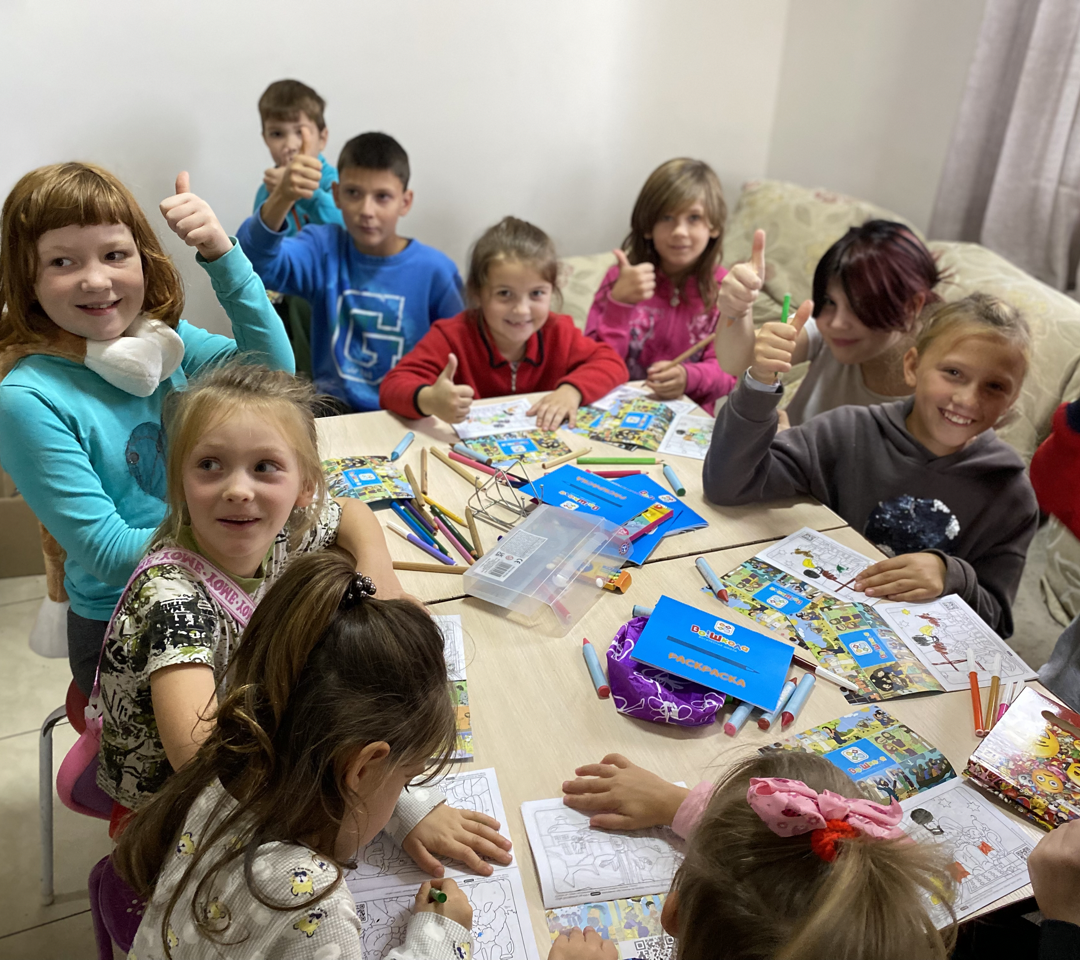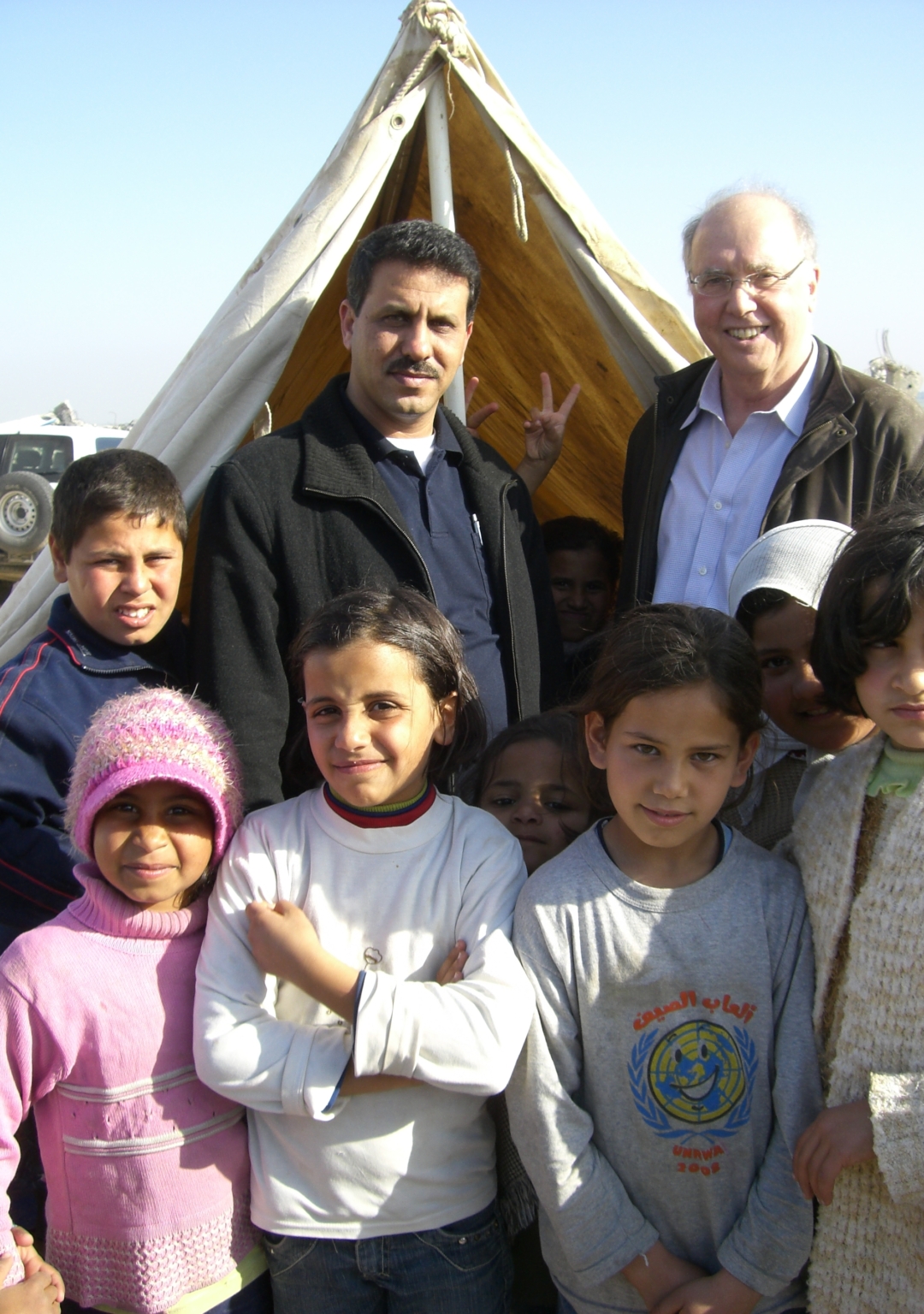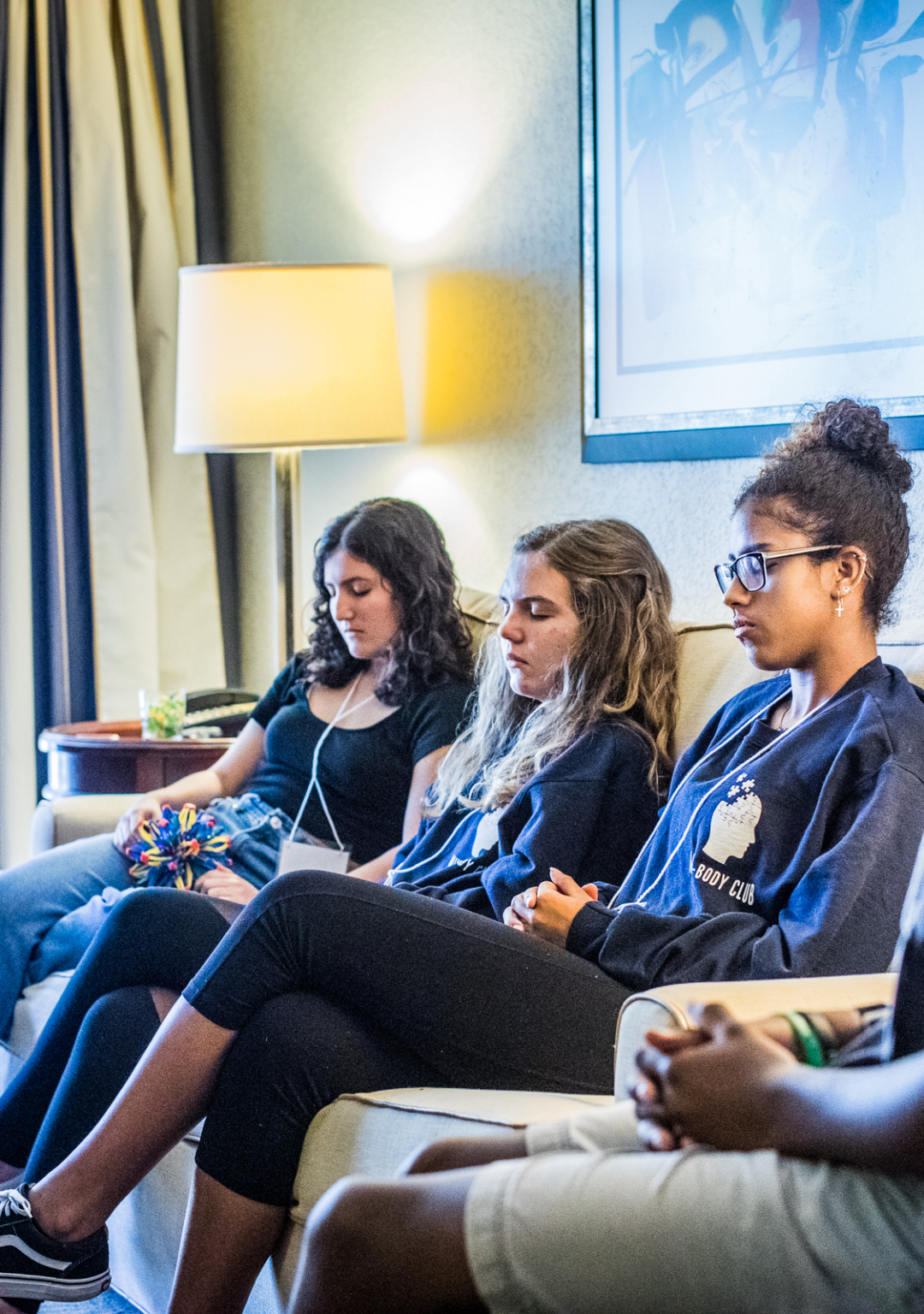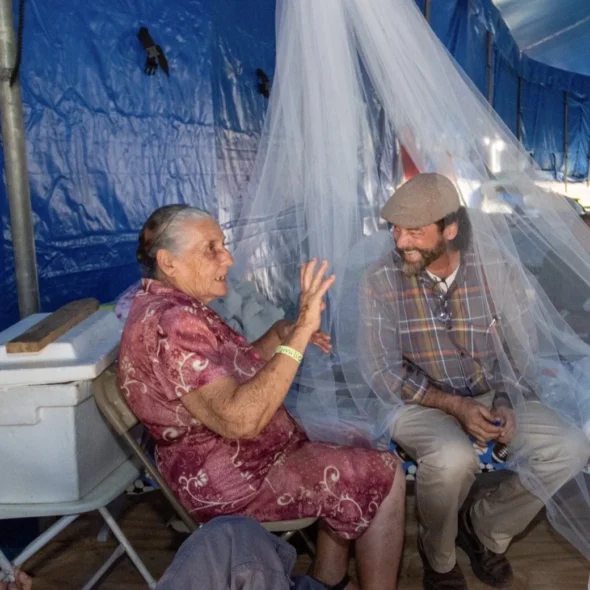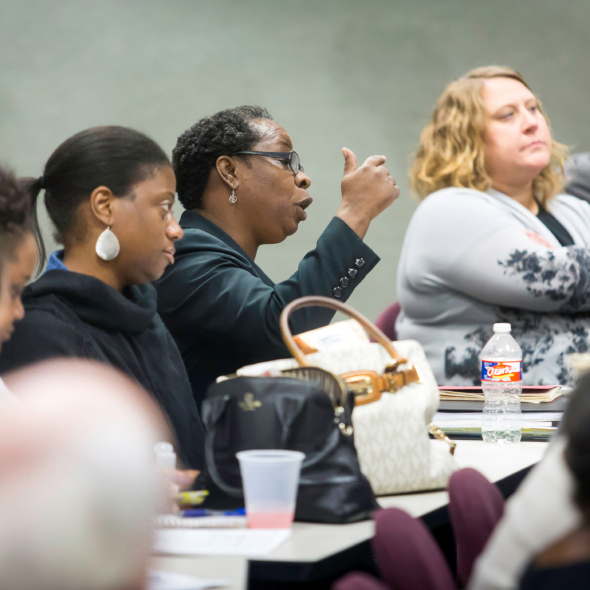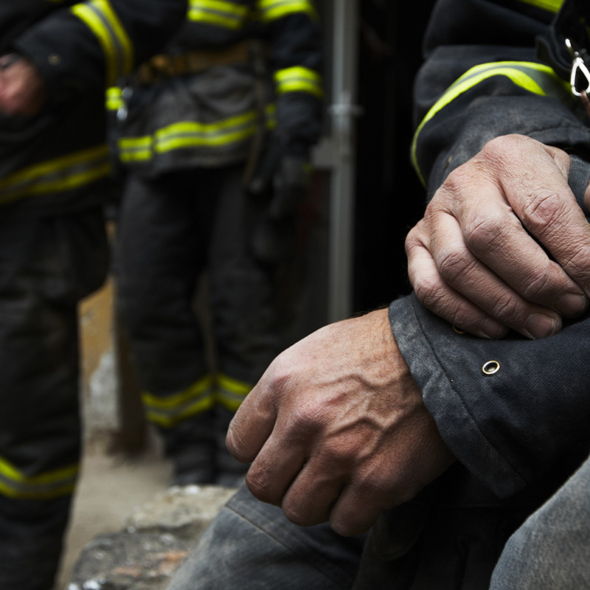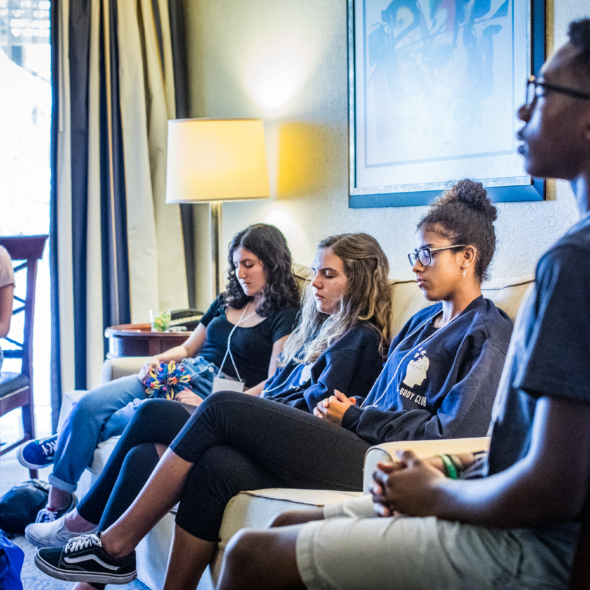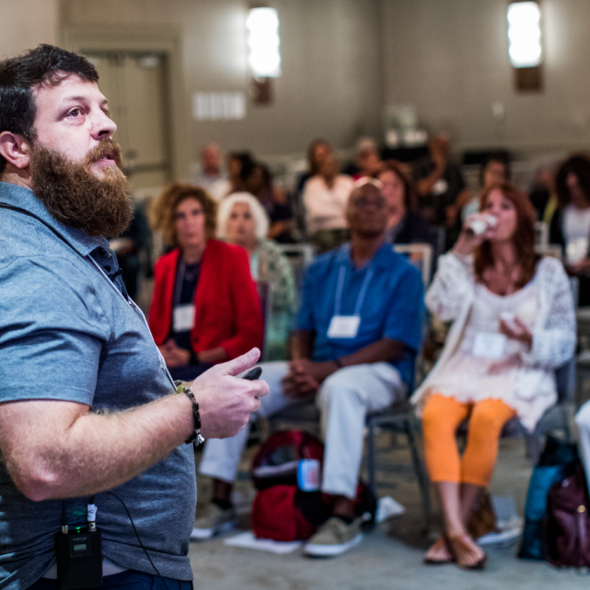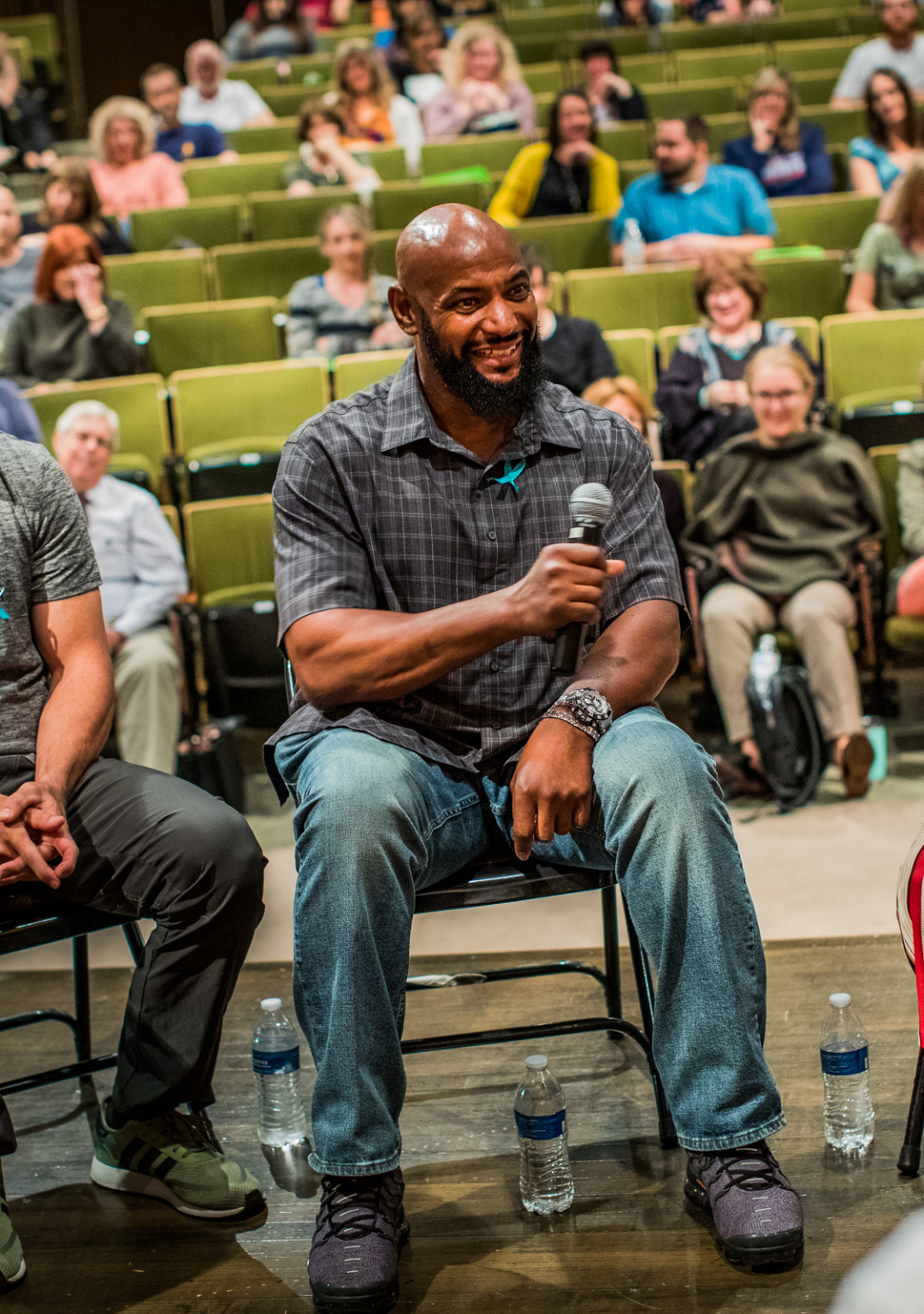
Our Mission
Our mission is to help communities around the world develop the tools they need to heal population-wide trauma.
Our Vision
We envision a world in which communities are healthy, resilient, and equipped to transform trauma.
Our Values
All people have the capacity to understand, help, and heal themselves. When we share this process of healing with others, we serve our highest purpose and facilitate the most life-enhancing and enduring changes.
We believe the full range of human perspectives and experiences should be considered in all we do. We honor this value in the way we build our teams and create leadership opportunities for our staff, and in the way we design and offer our trainings and programs.
Our organization and our work are grounded in the community of healers and the healing community that we began to create 34 years ago. We welcome all those who share our mission and our values to join us.
Our model is inclusive, equitable and accessible.
We work effectively with a wide range of local partners to integrate our model with the existing structures and services within any community.
Together with the communities we serve, we co-create in-person and online programs that teach practical tools of self-care and provide a small group experience that fosters mutual support. Trainees practice a range of evidence-based self-care techniques that promote physiological and psychological balance, enhance self-awareness and compassion, and enable the skillful use of this approach with others.

How does our model work in communities and institutions?
We collaborate with community leaders to co-create trauma relief and resilience-building programs that are responsive to the community’s unique experiences, needs, goals, and culture. The programs we create together teach people skills to restore the physiological and psychological balance disrupted by all trauma, including chronic illness. At the same time, we help bring together diverse partners–community-based organizations, hospitals and healthcare systems, schools—to build each community’s capacity to sustain their healing and create a culture of well-being.
How do we scale our model and sustain impact?
We’re able to scale our impact for communities of all sizes by adjusting program variables. Planning for sustainability is central to our work, as our programs build local capacity to train more facilitators. With our support, local leaders, institutions, and whole communities can progress toward making urgent and ongoing population-wide trauma relief and resilience building sustainable.
Who can benefit from the CMBM model?
In short, everyone. While not all trauma is the same, our model can be applied across cultures, populations, and experiences.
We have seen our model change the lives of people of all backgrounds and identities: adults and children, educators and students, healthcare workers and patients, military veterans, first responders, and frontline workers.
Learn about our work with…
For more than 30 years, we’ve worked around the world to share our healing model with communities and institutions facing many kinds of challenges:
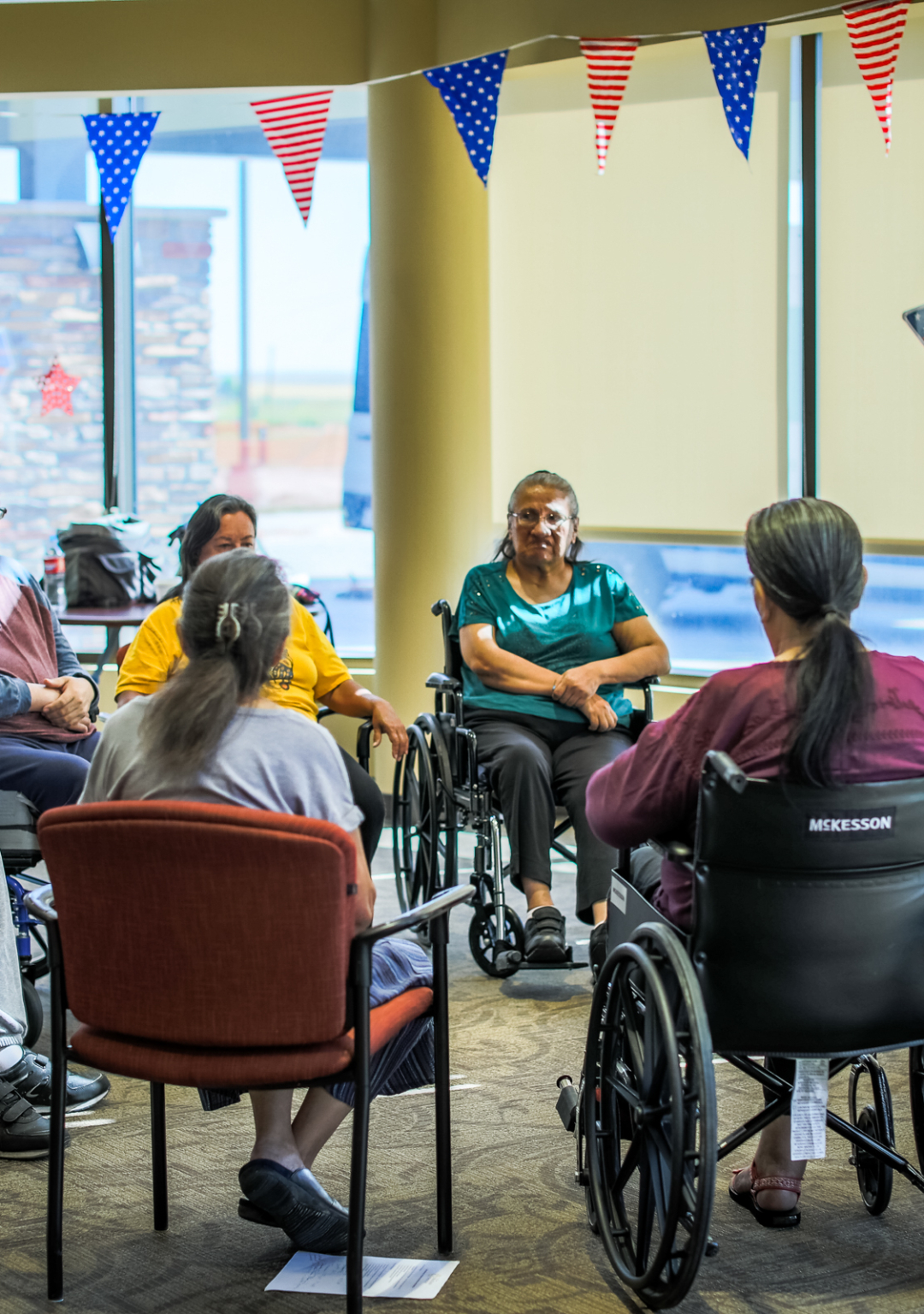
Endorsed by the California Evidence-Based Clearinghouse for Child Welfare
The Center for Mind-Body Medicine’s Mind-Body Skills Group model for adults and children has been carefully reviewed by and approved for inclusion in the California Evidence-Based Clearinghouse for Child Welfare, a major US evidence-based review system. Our small group model is included as a trauma treatment program for adults who have experienced psychological trauma; adults suffering from depression, anxiety, stress, or chronic illnesses; children and adolescents ages 3-18 who have experienced trauma and, optimally, their caregivers.
Information obtained from the California Evidence-Based Clearinghouse for Child Welfare (CEBC).
